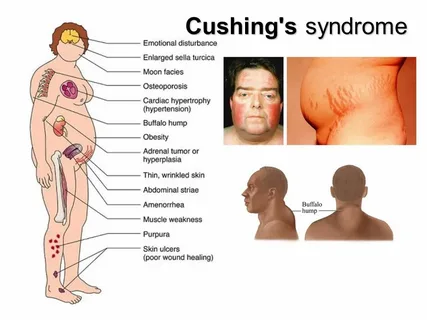A recent study involving over 250 individuals who underwent surgery for Cushing’s Disease (CD) or nonfunctioning pituitary adenomas (NFPAs) revealed that patients who experienced remission of CD were more likely to develop new-onset autoimmune diseases within three years post-remission compared to those with NFPAs. The findings of the study, published in the Annals of Internal Medicine, shed light on the potential consequences of achieving remission from CD.
Transsphenoidal surgery (TSS) is the primary treatment for most hypersecreting pituitary adenomas, including CD. Following TSS for CD, adrenal insufficiency occurs as the ACTH-secreting tumor is removed. While symptoms of hypercortisolemia typically improve over time after remission, individuals may experience steroid withdrawal symptoms.
The study conducted by researchers from Harvard Medical School involved 194 individuals with CD and 92 with NFPA, matched for age and sex, who underwent pituitary surgery. The results indicated that those with CD who achieved remission were at a higher risk of developing new autoimmune diseases within three years post-remission, with a cumulative incidence of 10.4%.
The authors of the study highlighted the higher prevalence of adrenal insufficiency and lower levels of serum cortisol in the CD group, suggesting that postoperative adrenal insufficiency might contribute to the onset of autoimmune diseases in these patients. They emphasized the importance of closely monitoring individuals with CD and a family history of autoimmune diseases after achieving remission.
Furthermore, the authors suggested that administering higher doses of glucocorticoid replacement in the early postoperative period could potentially lower the risk of developing autoimmune diseases. These findings provide valuable insights into the natural progression of autoimmune diseases and their correlation with cortisol fluctuations.
This study underscores the importance of postoperative care and monitoring for patients with CD, particularly those at a higher risk of developing autoimmune diseases. By understanding the implications of achieving remission from CD, healthcare providers can better tailor treatment approaches to mitigate the potential risks associated with autoimmune disease development.
Note:
1. Source: Coherent Market Insights, Public sources, Desk research
2. We have leveraged AI tools to mine information and compile it


